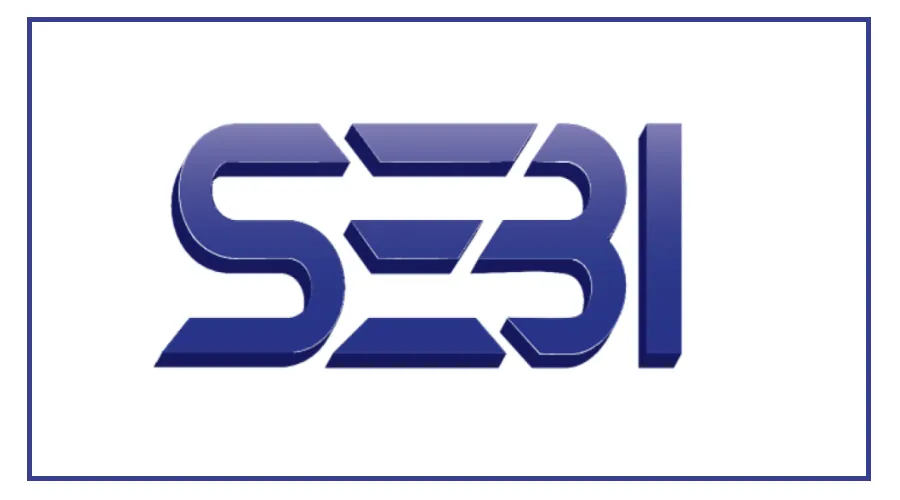There is important news for traders in the Futures and Options (F&O) market. The National Stock Exchange of India (NSE), the largest stock exchange in the country, has increased the lot sizes for F&O trading.
This change is in line with the new rules issued by the Securities and Exchange Board of India (SEBI). As per the update, the lot size for Nifty 50 has been increased from 25 to 75,
and for Bank Nifty, it has been increased from 15 to 30. However, the current lot sizes will remain the same for the ongoing contracts until the next expiry date.
SEBI Increases Position Limit in Index F&O Contracts
Earlier this week, SEBI announced an increase in the position limit for Index Futures and Options (Index F&O contracts). The new position limit is set at Rs 7,500 crore or 15% of the open interest.
This increased limit applies to both brokers and clients. Additionally, due to a decrease in open interest, there will be no penalty for positions that exceed the limit.
Changes in Share Settlement Rules Effective from November 11
SEBI has also made changes to the timeline for the direct transfer of money from clearinghouses to client accounts. The new settlement
and payment rules, which were originally scheduled to take effect on October 14, 2024, have been extended to November 11, 2024.
As per the updated guidelines, the time for transferring shares into client accounts under the T+1 settlement system has changed. Previously, shares were deposited into the client’s demat account by 1:30 PM on the day after the transaction (T+1).
Under the new rule, shares will now be credited to the account by 3:30 PM on the same day as the settlement.
This change is designed to give stock exchanges, depositories, and brokers more time to upgrade their technical systems to align with the new procedures.
Additionally, in the past, shares were settled through the Clearing Corporation and then transferred to the broker’s account before reaching the investor.
With the new rule, shares will now be transferred directly from the Clearing Corporation to the investor’s demat account.

